Keywords: Division
There are more than 200 results, only the first 200 are displayed here.
-
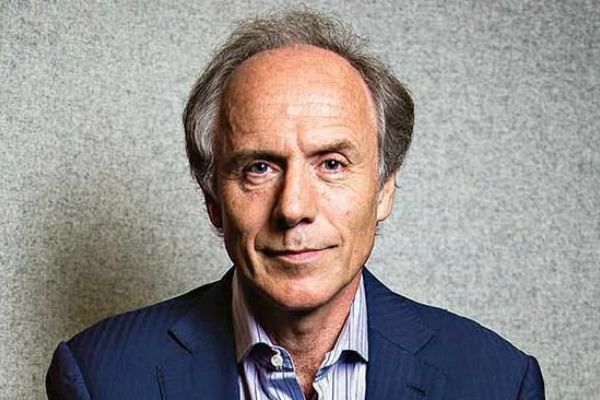
ENVIRONMENT
- Greg Foyster
- 22 June 2017
6 Comments
If politics is theatre, climate politics is a family drama. For the last decade we've watched two rival households having the same endless argument. Political journos call it the 'climate wars' and mostly focus on the lead actors standing in the spotlight - in the Western narrative tradition, characters drive events. Almost no one has noticed the scenery change. Stagehands dismantled the backdrop years ago, but politicians have carried on as if the same circumstances existed when they started this charade.
READ MORE 
-

INTERNATIONAL
Ypres' human collateral damage and displacement of those forced to flee is investigated at Ypres' In Flanders Fields Museum. The museum handbook parallels Belgian's WWI refugee exodus with the plight of refugees today fleeing Syria, Afghanistan and Africa. It's one way In Flanders Fields Museum is adopting a forward-looking approach to commemoration, pulling World War I's messages and themes out of 1918 and propelling them into the 21st century.
READ MORE 
-
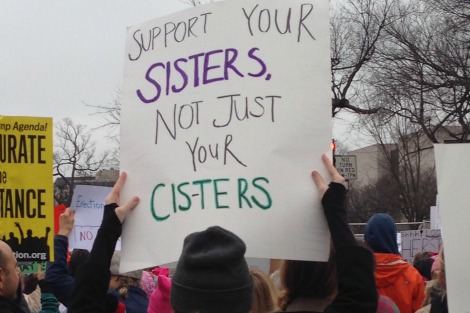
AUSTRALIA
- Moreblessing Maturure
- 07 March 2017
5 Comments
In the current climate, minorities and oppressed communities are branded as 'divisive' when attention is drawn to the void which exists between those with power and those without. This allegation stands firmly on the understanding that our 'unified strength' against a common enemy will bring about the change we so passionately fight for. But often the assumption is that all parties are to unify with the majority, that those of lesser power should fight for equality in a way that those in power see fit.
READ MORE 
-
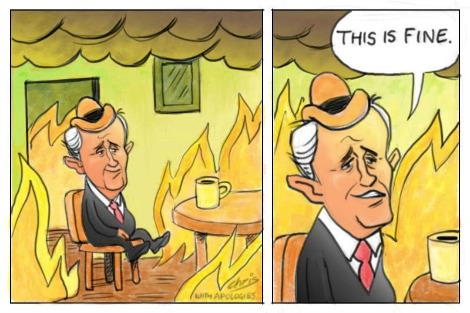
AUSTRALIA
- Tim Robertson
- 17 February 2017
11 Comments
This is not the beginning of the normalisation of Hanson and One Nation: it's the end. In a piece for The Monthly, Dominic Kelly highlighted how large swaths of the rightwing commentariat have embraced the 'more mature', 'disciplined' and 'principled' Hanson 2.0. Despite this rhetoric, for the Right, appeasing One Nation has always been a balancing act. They're guided by one question: How much racism is permissible before it has to be condemned?
READ MORE 
-

AUSTRALIA
- Andrew Hamilton
- 14 February 2017
19 Comments
In itself inequality is not harmful. It is part of the diversity proper in any human society. But the inequality that is now in question is toxic because it is extreme when measured by any scale, and because it is programmed to increase. It is self-perpetuating and self-intensifying. The increase of wealth of the few entails the marginalisation and impoverishment of others. Inequality is the enduring root and not the transient blossom of the plant of social division.
READ MORE 
-
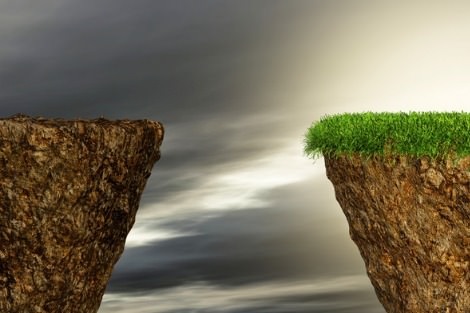
ENVIRONMENT
- Greg Foyster
- 02 February 2017
10 Comments
If climate change were a short-term problem, polarisation wouldn't be so crippling. One side could push a solution through parliament, and by the time the other side took power it might be a non-issue. But climate change is an extraordinarily long-term problem that requires massive investment in new infrastructure and consistent policy settings over decades. It needs a supermajority of support so years of work isn't undone with each change of government. That means getting conservatives on board.
READ MORE 
-

AUSTRALIA
- Jack Maxwell
- 23 January 2017
25 Comments
Two issues can be dealt with shortly. First, ministers of religion must be free to solemnise marriages in accordance with their beliefs. Second, there is no basis for extending a similar concession to marriage celebrants. The case of commercial service providers is more complex. Many argue that caterers, florists, reception centres and so on should be free to refuse to participate in same-sex weddings, on the basis of their religious beliefs. The case for the commercial exemption is unconvincing.
READ MORE 
-
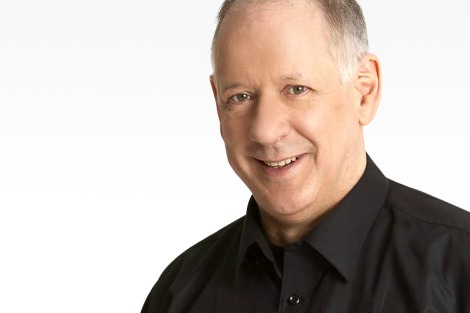
MEDIA
- Kasy Chambers
- 05 December 2016
21 Comments
There has been a slow trickle of news outlets in Australia winding back their coverage of religion over recent years. Some might argue that this is a good thing in a secular democracy, and that discussion of religion creates division. This however flies in the face of the overwhelming good that religious belief, and religious-based organisations, do in this country. Not to mention the fact that religion and ethics are a major part of the narrative of society, of how we live together and how we form a community.
READ MORE 
-
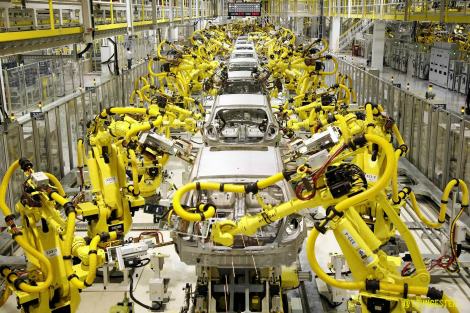
ECONOMICS
- David James
- 21 November 2016
9 Comments
The idea that machines will replace humans, transforming the work force, is far from new. As technology develops at an accelerating pace, there is growing concern that new social divisions are emerging. While there are signs of deepening social divisions between the rich and the rest of the working population, previous predictions of a collapse in employment have proven to be wrong. This is largely because a confusion arises from conflating production and transactions. They are not the same thing.
READ MORE
-

INTERNATIONAL
- Andrew Hamilton
- 09 November 2016
21 Comments
The US election, to no one's regret, is now over. It remains to wish Donald Trump well as he prepares to take up the office of president. It is tempting to see Hillary Clinton as Humpty Dumpty and ask how she can pick up the pieces of her life, when tarnished and wearied by a campaign so full of personal abuse, revelations of tawdry behaviour and a lack of grace. Yet it is not Clinton that lies broken at the foot of the wall. It is the polity of the US, shown to be bereft of the trust necessary for national wellbeing.
READ MORE 
-
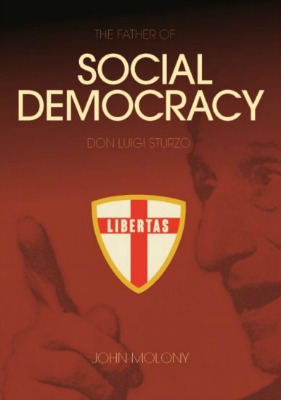
RELIGION
- Andrew Hamilton
- 25 October 2016
11 Comments
When surveying one's world it is always dangerous to forget the past. Australian historian John Molony's recent book about Italian priest and politician Luigi Sturzo is an accounting, showing how easily democracy, freedom and respect for human rights can be surrendered both by politicians and by the Catholic Church. It invites reflection on our situation today. The Italy in which Mussolini came to power and in which Sturzo operated has haunting similarities to today's world.
READ MORE 
-
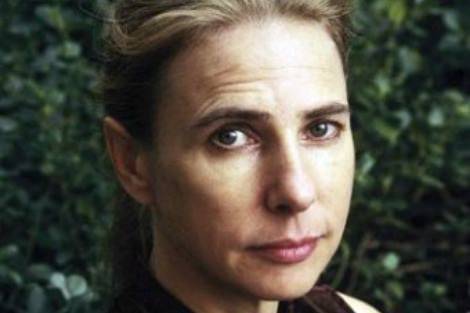
INTERNATIONAL
- Esther Anatolitis
- 04 October 2016
10 Comments
Who owns a cultural object? Who has the right to determine cultural values? And how can public institutions exercise cultural responsibility? It's a timely set of questions as we consider the implications of the National Gallery of Australia's return of ancient Indian sculptures, the British Museum's refusal to return Indigenous objects, or Lionel Shriver's rejection of minority cultural identities. Each of these unleashes complex, painful consequences that can undermine cultural value or cultural safety.
READ MORE 